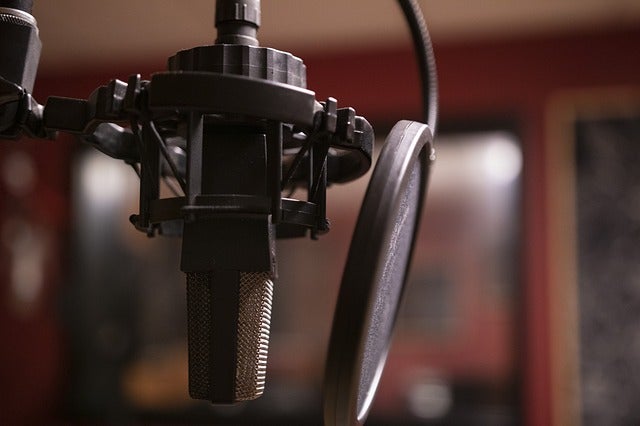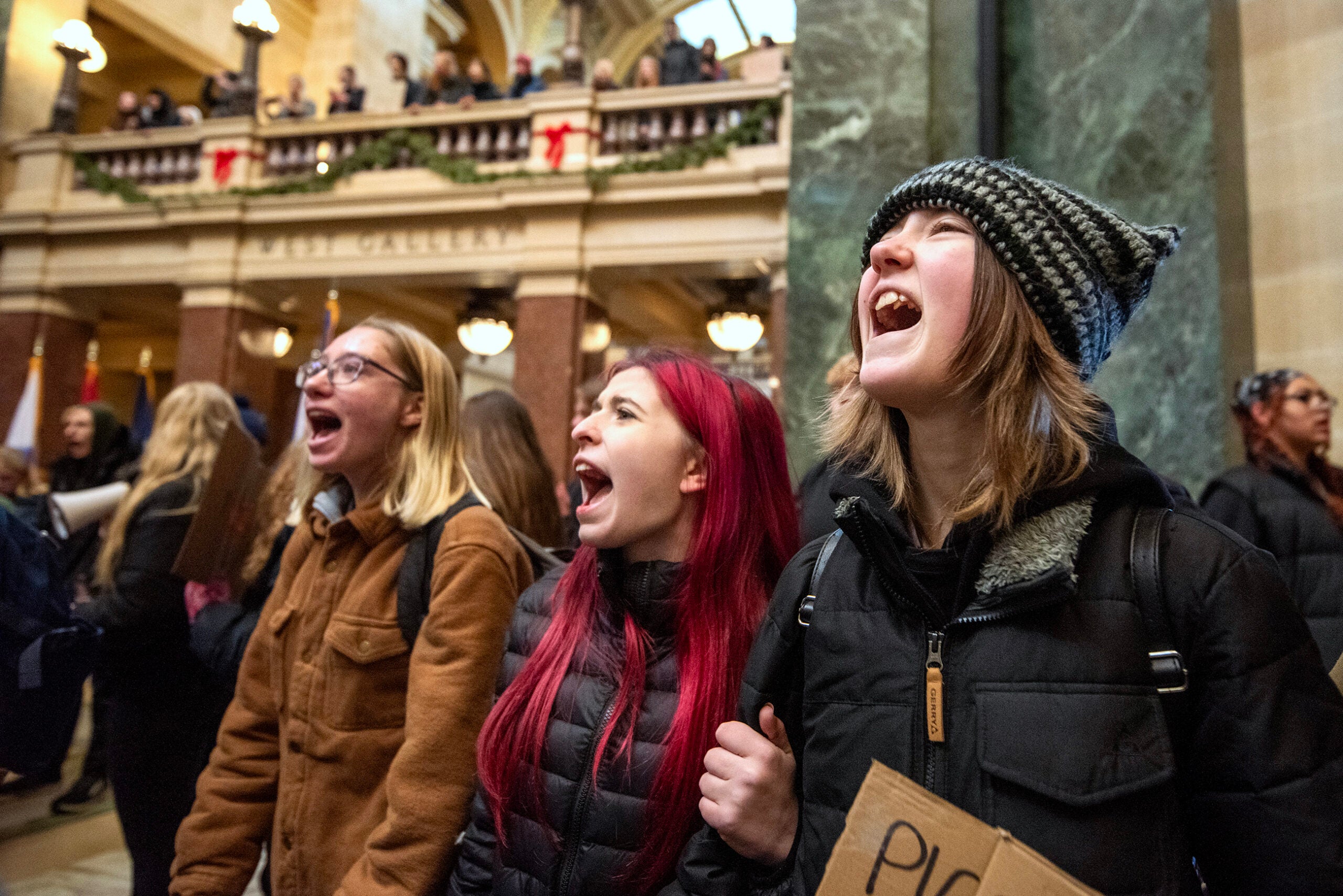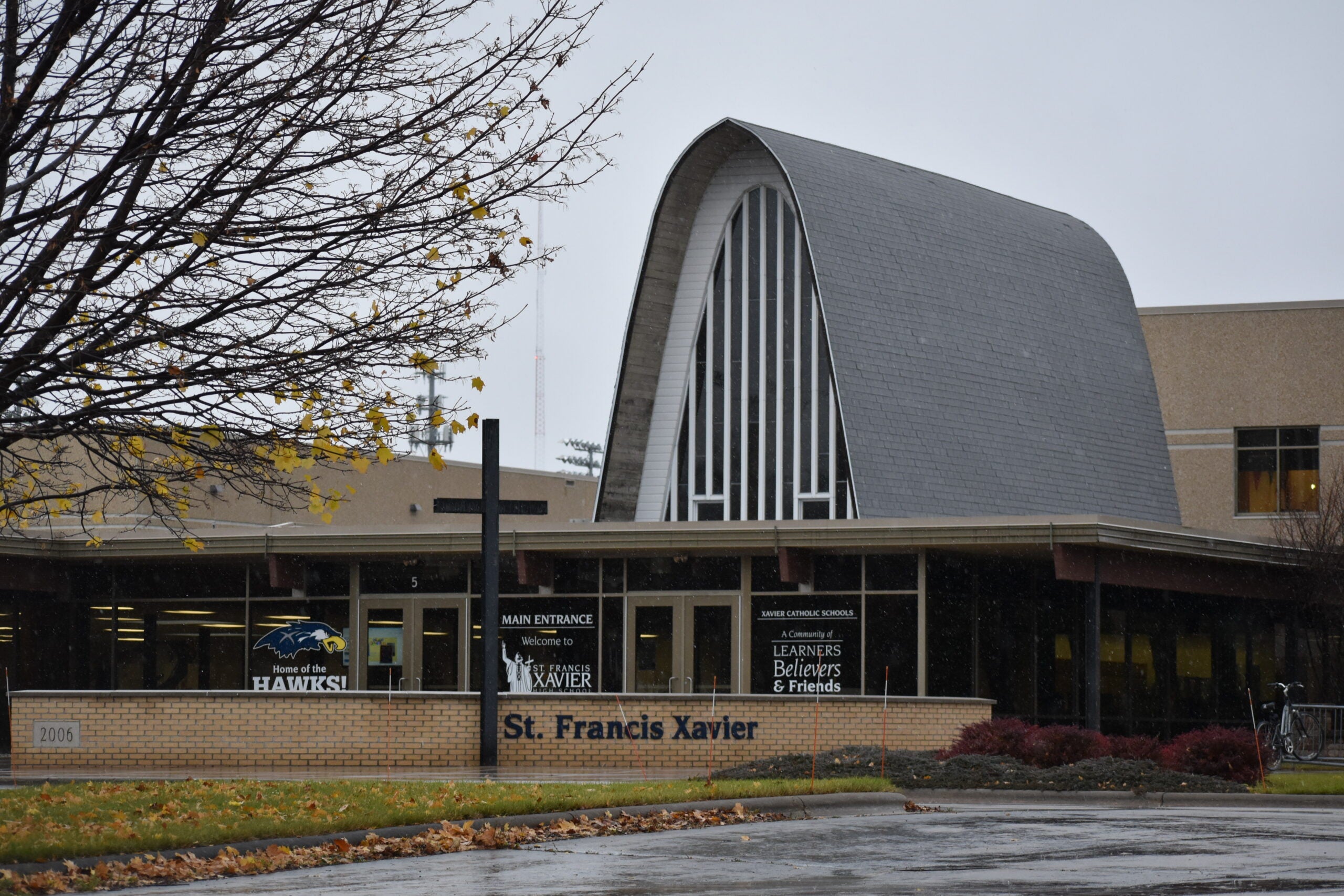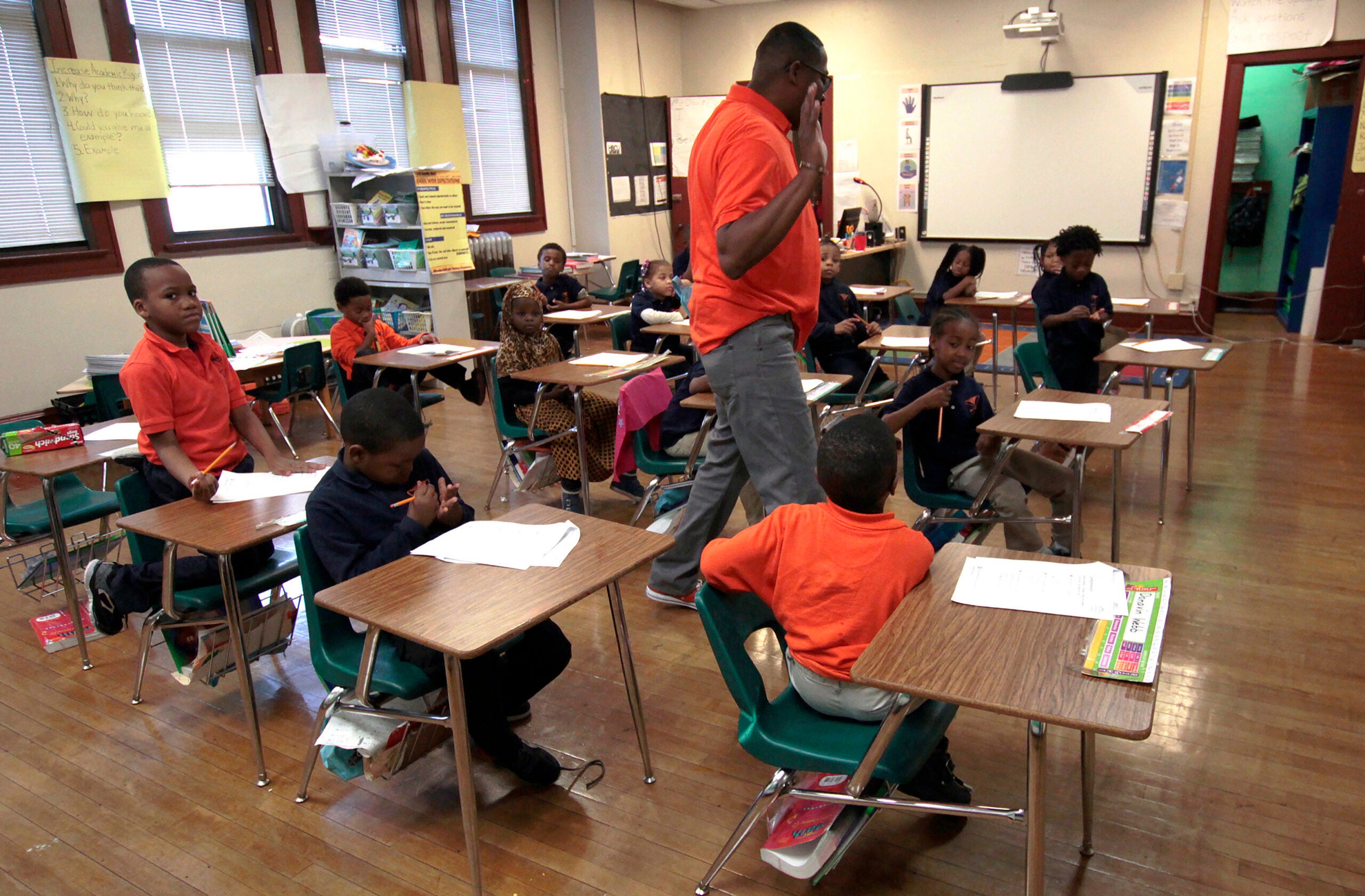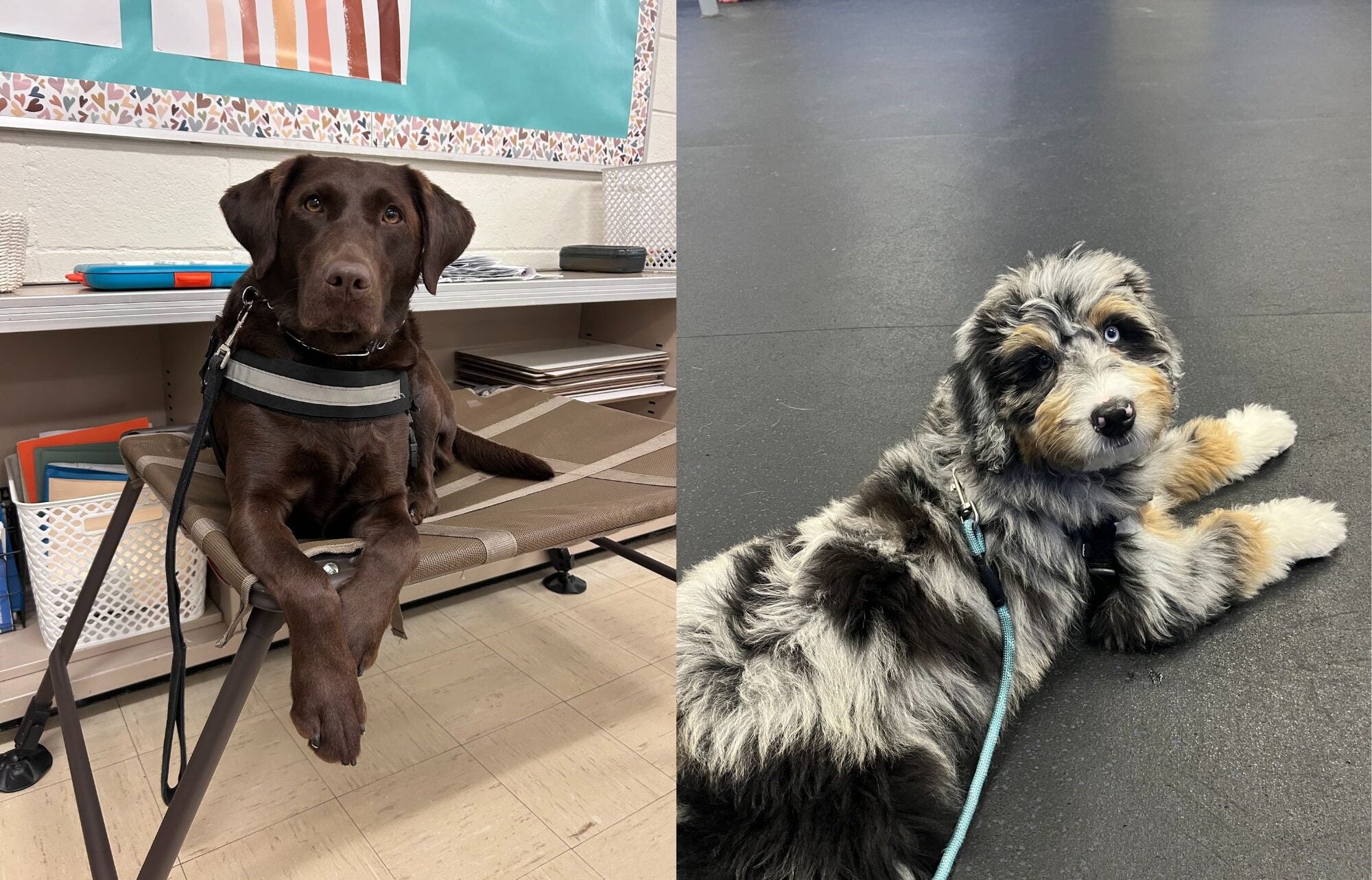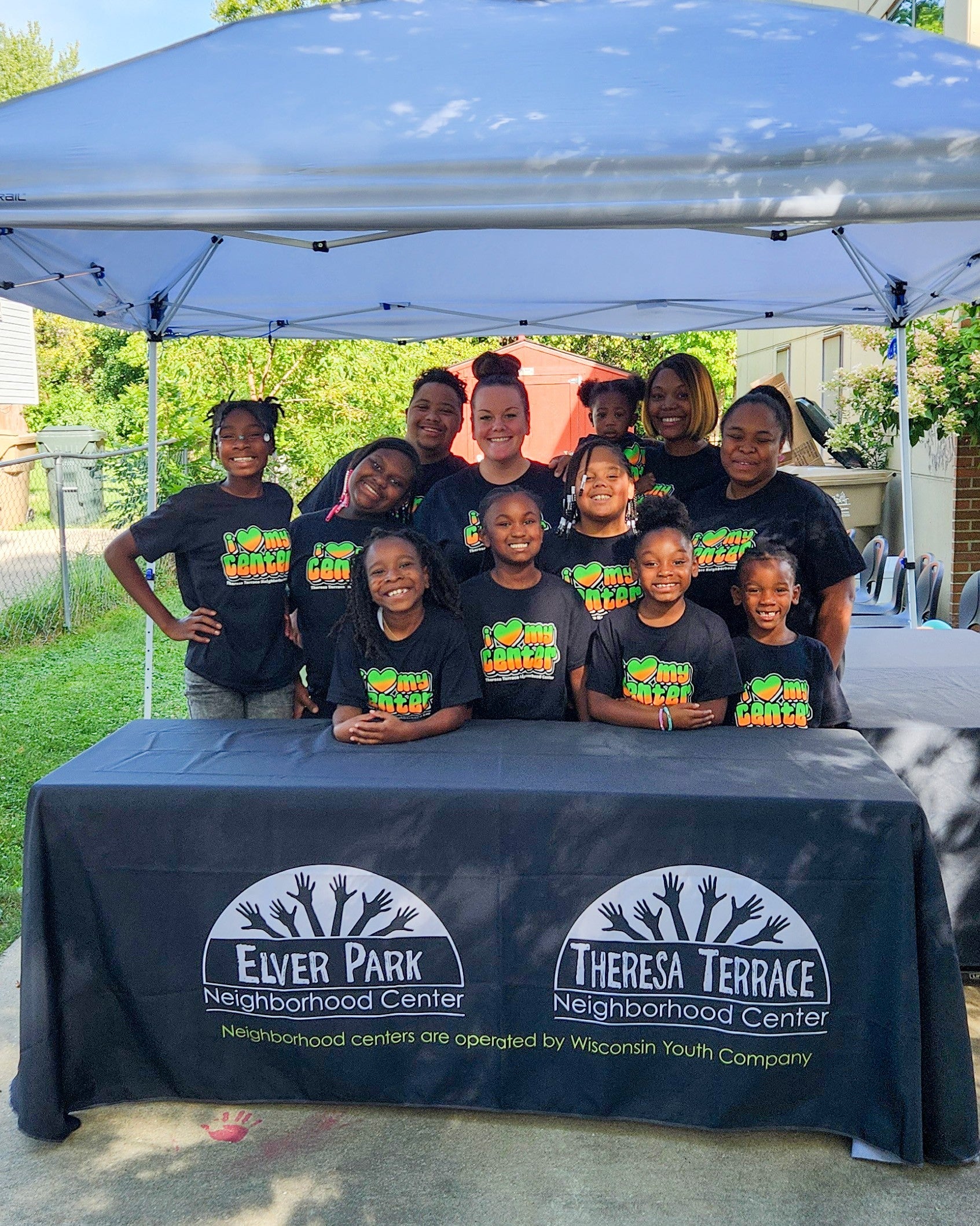How does global warming disproportionately affect black communities? Where does false information about COVID-19 on social media come from? And, what’s the best candy?
Those are just three of the topics that rose to the top in this year’s NPR Student Podcast Challenge from over 2,200 submissions from middle and high school students in 46 states.
And the students delivered, said Steve Drummond, executive producer of NPR Ed, which runs the annual challenge.
Stay informed on the latest news
Sign up for WPR’s email newsletter.
“This year, boy, the students really upped their game in terms of the quality of the podcasts, and we heard that all across the country,” he said.
The students didn’t shy away from difficult topics, Drummond said. One of the more exciting trends to surface this year was an emphasis on local reporting and digging into issues in their own communities.
“All over the country, we heard podcasts like that, students going out into the community, interviewing people, digging up the facts and presenting some really compelling journalistic work,” he said.
One of 25 finalists, Pathways High School students in Milwaukee examined the offensive depictions of Native Americans used in sports mascots. Earlier this year, a resolution that would retire Native American mascots, symbols and imagery failed to pass at the Wisconsin Association of School Boards’ annual convention.
About 30 high schools around the state still use the Native American mascots or symbols.
An honorable mention came out of Verona Area High School with a podcast on an even more local story — student parking in the school’s lot.
“Social Issues of VAHS,” from rising seniors Lydia Benz and Morgan Gavinski, focused on what was a “hot topic” at VAHS earlier this year, Benz said.
Students — mainly juniors and seniors — who paid $50 for parking passes couldn’t get spots in the lot because those without passes were usurping them.

No one wants to walk from the street on a cold winter day, Benz said.
“You couldn’t go to a class without someone being mad or complaining about it,” she said. “And no one knew the real reason why it was a problem … Morgan and I were very curious to get to the bottom of it.”
What was the reason? A new police officer hesitant to give out tickets.
“It was really interesting because we wanted to talk to the police at Verona (high school),” Gavinski said. “And he actually told us that his number one complaint in the two weeks that he was there was that he didn’t ticket enough.”
Reporting out the podcast was enlightening, Benz said, and opened the door to people and conversations they normally wouldn’t have — like those with the police officer and school administrators.

“We got to talk to people in the staff about how they actually run the system and the ideas behind it,” she said. “We also talked to a lot of our friends and peers and students about what their opinions were, so it was interesting to hear from a wide variety of sources about how it felt.”
There’s a difference to the content the students create, Drummond said. People who don’t work with youth every day may be surprised by the energy, passion and engagement the students show. Listeners can hear the difference in the students’ voices.
“They’re passionate and it doesn’t have this sort of calm, measured voice that sometimes we do in public radio,” he said. “But we all found that refreshing and compelling.”
Wisconsin Public Radio, © Copyright 2024, Board of Regents of the University of Wisconsin System and Wisconsin Educational Communications Board.

